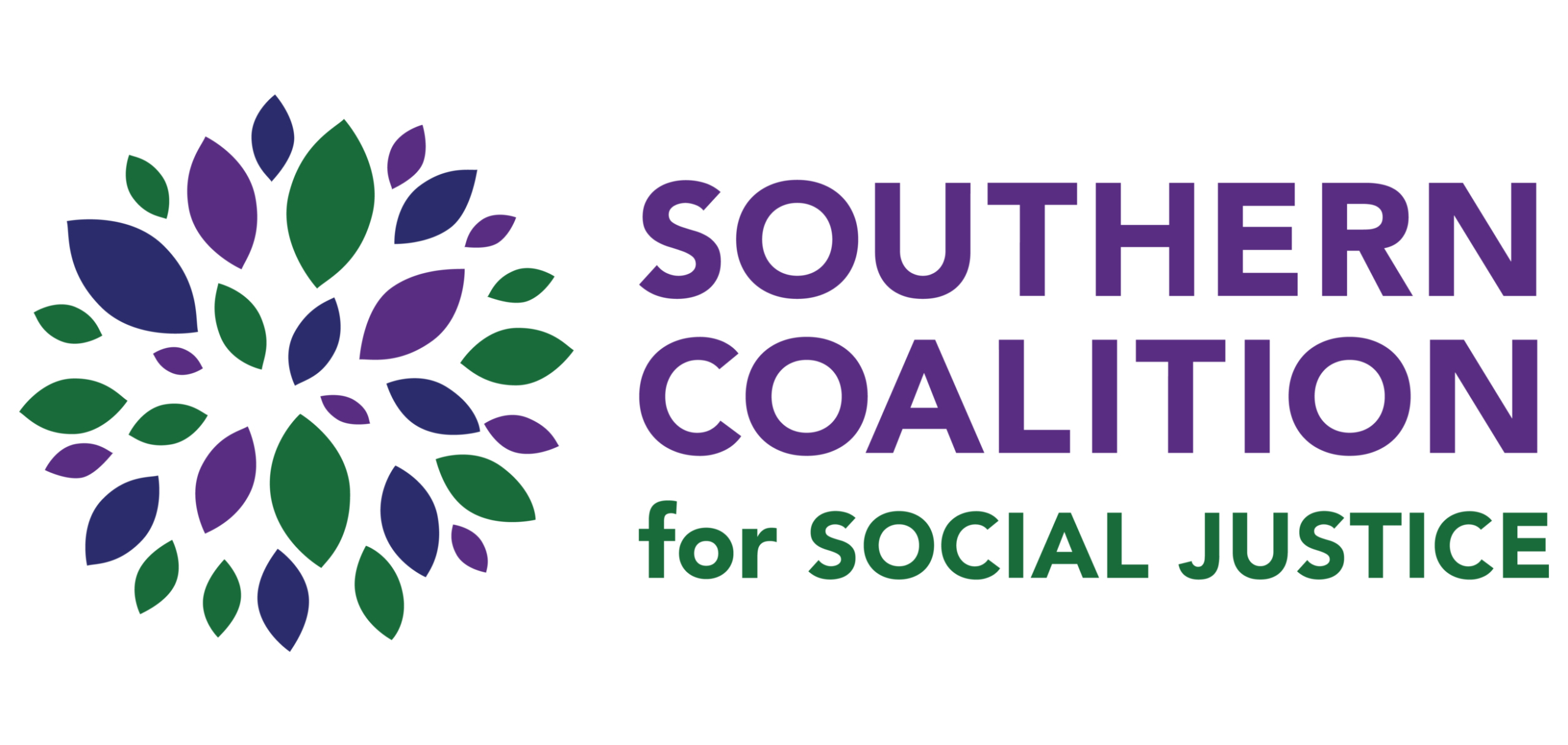
MEDIA ADVISORY: DC District Court Upholds Minority Voting Rights
DURHAM--Today the Federal District Court for the District of Columbia issued a 151-page opinion upholding the constitutionality of Section 5 of the Voting Rights Act in the Shelby County v. Holder case. The decision is a victory for civil rights advocates and communities of color fighting to have their voices heard in elections.
“The opinion includes an exhaustive review of the legislative record,” says Anita Earls, the Executive Director for the Southern Coalition for Social Justice (SCSJ). “The court’s opinion was very careful to lay out the legal standards for a facial challenge and then to apply them to this statute.”
The court concluded that Congress had before it sufficient evidence to justify renewing Section 5’s protections, which requires certain states to submit changes in their election processes to the federal government or the DC District Court for review in order to prevent laws or policies that make it harder for previously disenfranchised minority voters to vote or to participate in elections, also called “retrogression.” This part of the Voting Rights Act was renewed for 25 years in 2006.
The ruling today could go far towards upholding the Voting Rights Act in other local challenges to discriminatory election practices in the near future. With the most significance for North Carolina, today’s decision lays the groundwork for a similar result in Laroque v. Holder, filed by Kinston State Representative Stephen Laroque and pending before the same Judge, in which SCSJ is defending the constitutionality of Section 5 of the Voting Rights Act.
The opinion can be read in full here. ### The Southern Coalition for Social Justice is a 501(c)3 nonprofit organization founded in August, 2007 in Durham, North Carolina by a multi-disciplinary group, predominantly people of color, who believe that families and communities engaged in social justice struggles need a team of lawyers, social scientists, community organizers and media specialists to support them in their efforts to dismantle structural racism and oppression.
